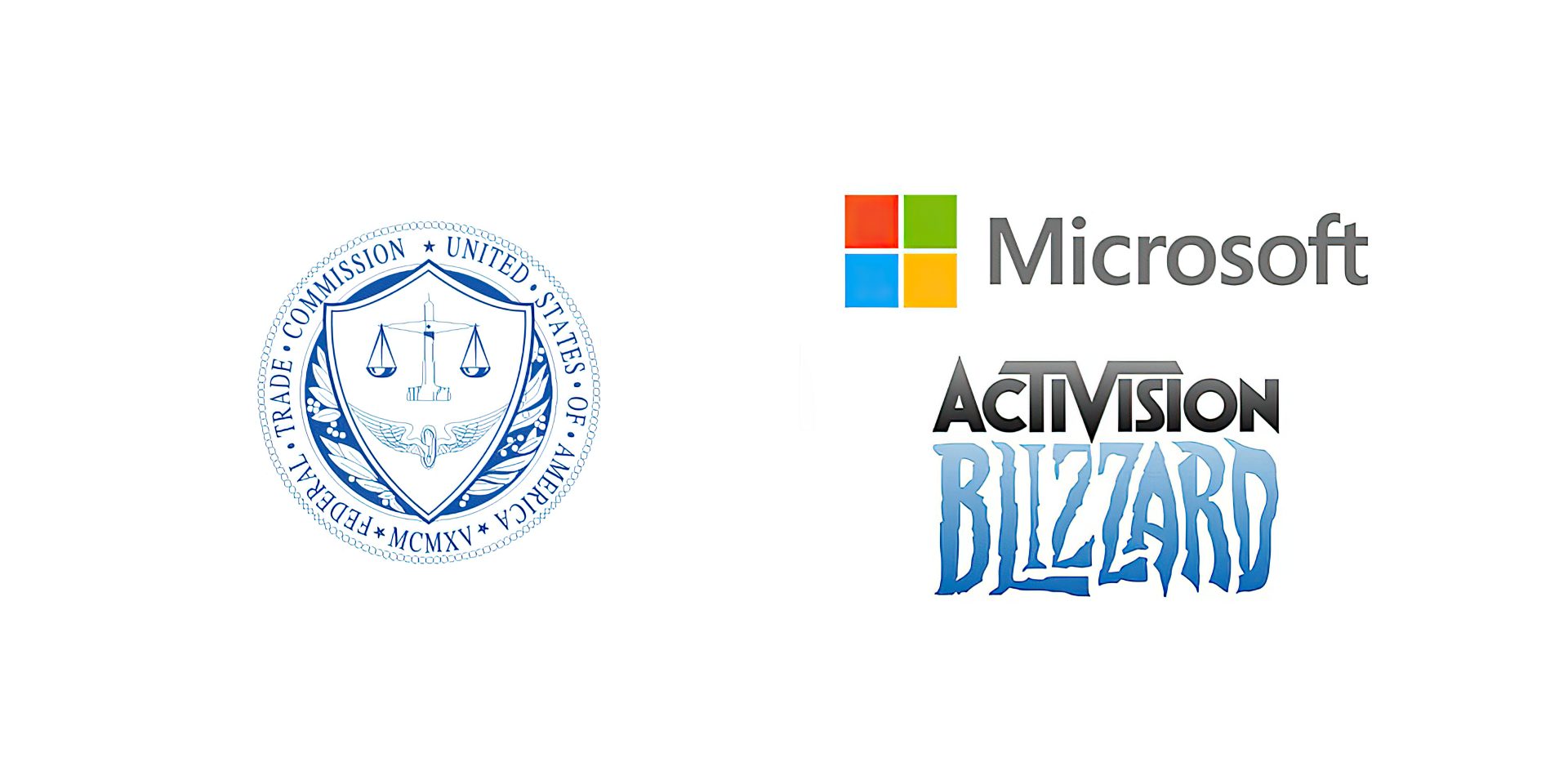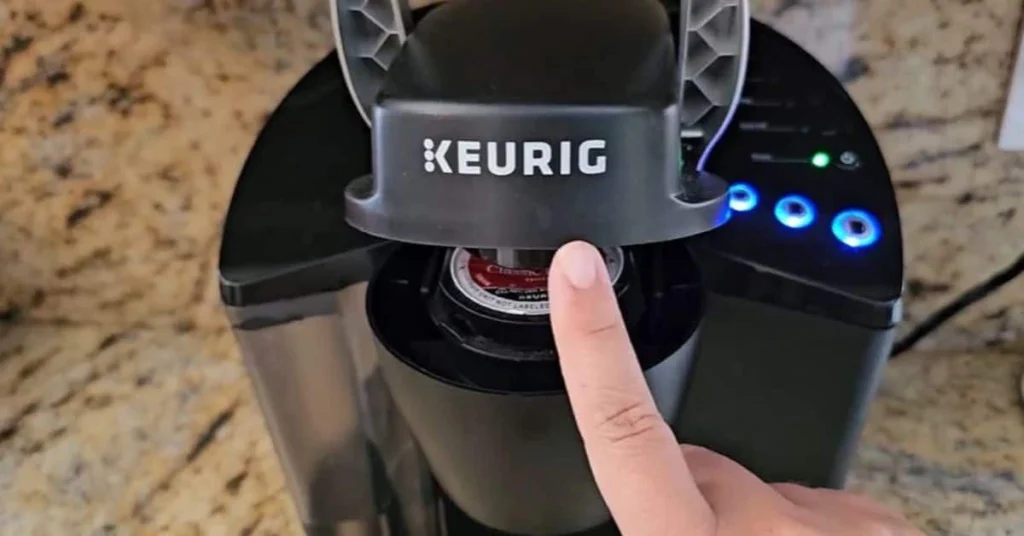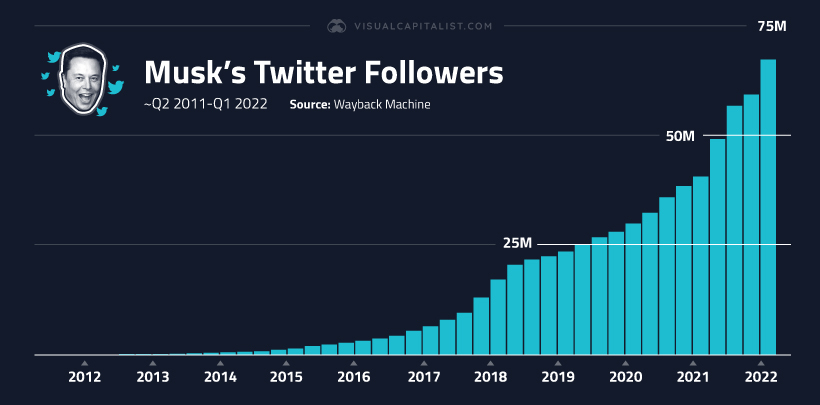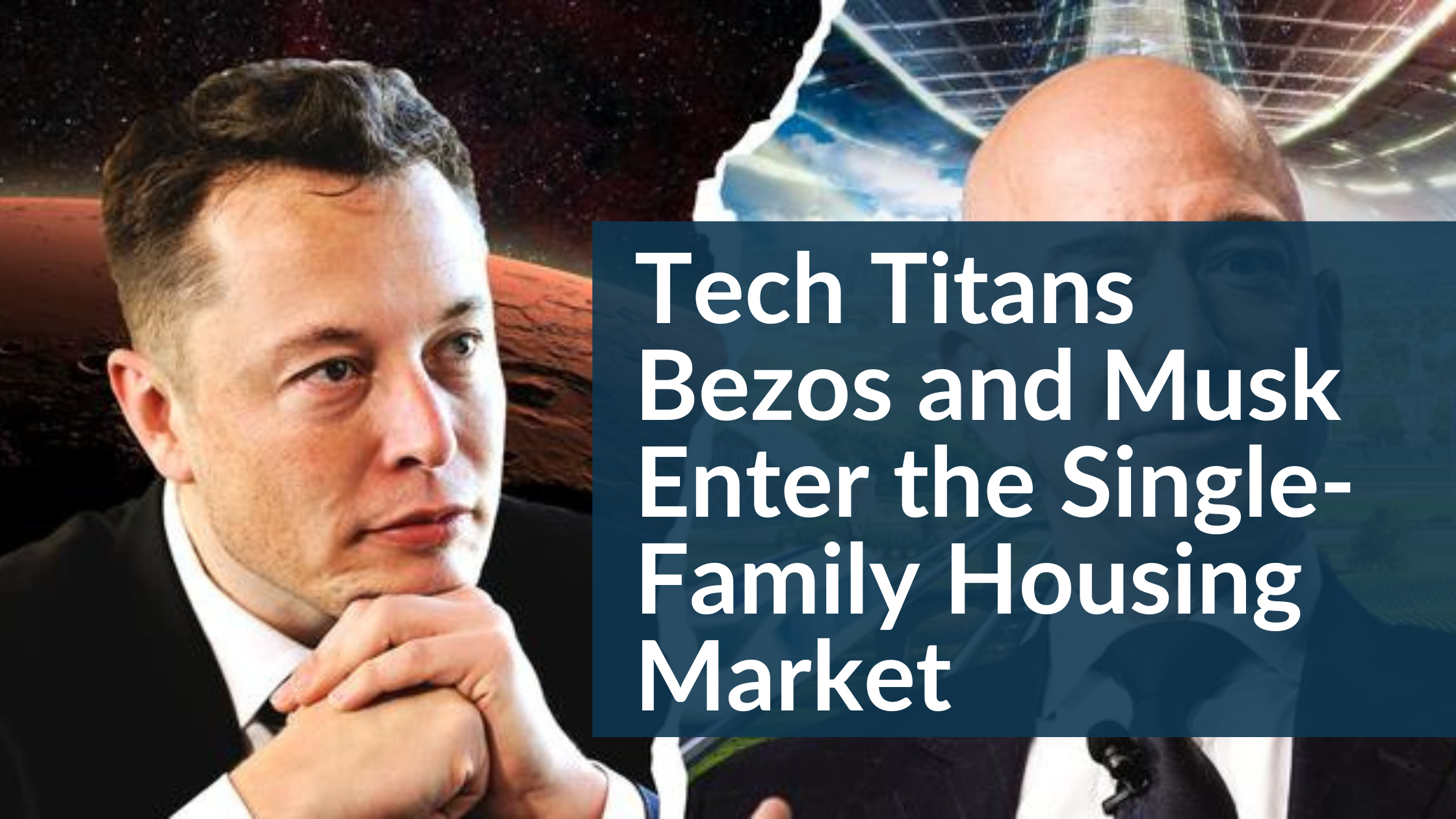Microsoft-Activision Deal: FTC Files Appeal Against Court Decision

Table of Contents
The FTC's Arguments for Appeal
The FTC's appeal centers on its deep-seated antitrust concerns regarding the Microsoft-Activision merger. The commission believes the initial court ruling failed to adequately address the potential for significant harm to competition within the gaming market. Their arguments hinge on several key points:
-
Call of Duty Exclusivity: The FTC argues that Microsoft's acquisition of Activision Blizzard, and the subsequent potential for making Call of Duty exclusive to Xbox, would significantly harm competition. This would give Microsoft an unfair advantage over competitors like Sony, potentially leading to reduced consumer choice and innovation. The argument focuses on Call of Duty's immense popularity and market share as a key driver of console sales.
-
Gaming Market Dominance: The commission contends that the merger would further consolidate Microsoft's already substantial power in the gaming market, allowing them to leverage their market dominance to stifle innovation and harm rivals. They likely presented evidence to support this claim, detailing Microsoft's past acquisitions and their potential impact on the competitive landscape.
-
Harm to Consumers: A central theme of the FTC's appeal is the potential harm to consumers. By limiting access to popular titles like Call of Duty or raising prices, the merger could reduce consumer choice and ultimately stifle innovation within the industry. This argument emphasizes the negative impact of reduced competition on the overall gaming experience for players.
-
Past Anti-competitive Practices: The FTC likely pointed to Microsoft's history of acquisitions and business practices as evidence of a pattern of anti-competitive behavior. This historical context aims to demonstrate a consistent pattern rather than an isolated incident.
The Judge's Initial Ruling and its Implications
The initial ruling by Judge Jacqueline Scott Corley of the District Court sided with Microsoft, rejecting the FTC's attempt to block the merger. This decision was based on the judge's assessment that the FTC failed to convincingly demonstrate that the acquisition would substantially lessen competition. Key aspects of the ruling include:
-
Insufficient Evidence: Judge Corley’s decision highlighted the FTC’s perceived lack of sufficient evidence to prove substantial harm to competition. The burden of proof in these cases rests heavily on the plaintiff (the FTC).
-
Microsoft's Proposed Remedies: A significant factor in the judge's ruling was Microsoft’s commitment to keep Call of Duty available on PlayStation. The judge deemed these proposed remedies sufficient to mitigate potential anti-competitive concerns. This commitment played a crucial role in the initial decision.
-
Legal Precedent: The District Court's decision set a significant legal precedent regarding mergers in the tech industry, shaping the landscape of future antitrust cases. The implications of this ruling extend far beyond the immediate Microsoft-Activision deal.
-
Microsoft Victory: The ruling represented a significant victory for Microsoft, bringing them closer to completing the acquisition of Activision Blizzard. This initial success paved the way for their business plans, although the FTC's appeal throws this into question.
The Appeal Process and Potential Outcomes
The FTC's appeal will be reviewed by the Ninth Circuit Court of Appeals, a powerful appellate court with influence over a wide geographic area. This appeals process carries significant uncertainty for both Microsoft and the gaming industry:
-
Appeal Timeline: The appeals process is expected to take several months, even potentially years, to complete. This lengthy timeline creates significant uncertainty around the deal's completion.
-
Potential Outcomes: Several possible outcomes exist, including upholding the District Court's ruling in favor of Microsoft, completely reversing the ruling in favor of the FTC, or sending the case back to the District Court for further review.
-
Regulatory Uncertainty: The appeal introduces significant regulatory uncertainty, impacting not only the Microsoft-Activision deal but also creating a chilling effect on future mergers in the tech and gaming industries. This uncertainty can hinder investment and strategic planning.
-
Delay or Prevention: The appeal has the potential to significantly delay or even prevent the completion of the Microsoft-Activision merger entirely. This outcome would have significant ramifications for both companies and the gaming industry.
Impact on the Gaming Industry
The Microsoft-Activision deal, and the FTC's appeal, will have a significant impact on the gaming industry, regardless of the final outcome:
-
Gaming Market Consolidation: The merger represents a significant step towards further consolidation in the gaming market, a trend that has been observed for years. The appeal highlights concerns about the potential for this consolidation to stifle competition and innovation.
-
Console Wars: The outcome of the appeal will have lasting implications for the “console wars” between Xbox, PlayStation, and other gaming platforms. The availability of key titles like Call of Duty will greatly influence market share and competitive dynamics.
-
Game Pricing and Development: The uncertainty created by the ongoing legal battle could affect game development, pricing strategies, and the overall competitive landscape of the gaming market.
Conclusion
The FTC's appeal against the court's decision on the Microsoft-Activision deal represents a critical juncture in this major antitrust case. The outcome will profoundly impact the future of the gaming industry, shaping market consolidation, competition, and consumer choice. This ongoing legal battle highlights the complex regulatory environment surrounding major tech mergers. This high-stakes battle underscores the importance of antitrust regulations in preventing monopolies and ensuring fair competition within the gaming industry. Stay informed about the developments in this ongoing case by regularly checking back for updates on the Microsoft-Activision deal and its implications. The future of this massive acquisition, and indeed the future of the gaming landscape, remains uncertain until the appeal is resolved.

Featured Posts
-
 I Sygkinisi Toy Tzon Travolta Gia Ton Thanato Toy Tzin Xakman
Apr 24, 2025
I Sygkinisi Toy Tzon Travolta Gia Ton Thanato Toy Tzin Xakman
Apr 24, 2025 -
 Long Term Contamination Toxic Chemicals From Ohio Train Derailment Persist In Buildings
Apr 24, 2025
Long Term Contamination Toxic Chemicals From Ohio Train Derailment Persist In Buildings
Apr 24, 2025 -
 127 Years Of Brewing History Anchor Brewing Company Shuts Its Doors
Apr 24, 2025
127 Years Of Brewing History Anchor Brewing Company Shuts Its Doors
Apr 24, 2025 -
 Dram Market Shift Sk Hynix Challenges Samsungs Dominance With Ai
Apr 24, 2025
Dram Market Shift Sk Hynix Challenges Samsungs Dominance With Ai
Apr 24, 2025 -
 The Bold And The Beautiful Thursday April 3rd Recap Liams Collapse And Hopes New Living Situation
Apr 24, 2025
The Bold And The Beautiful Thursday April 3rd Recap Liams Collapse And Hopes New Living Situation
Apr 24, 2025
Latest Posts
-
 How Elon Musk Made His Fortune A Deep Dive Into His Financial Success
May 10, 2025
How Elon Musk Made His Fortune A Deep Dive Into His Financial Success
May 10, 2025 -
 Financial Losses Of Tech Titans Musk Bezos And Zuckerberg Post 2017
May 10, 2025
Financial Losses Of Tech Titans Musk Bezos And Zuckerberg Post 2017
May 10, 2025 -
 The Impact Of Trumps Presidency On The Fortunes Of Musk Bezos And Zuckerberg
May 10, 2025
The Impact Of Trumps Presidency On The Fortunes Of Musk Bezos And Zuckerberg
May 10, 2025 -
 Elon Musks Net Worth Soars Tesla Stock Surge After Stepping Back From Dogecoin
May 10, 2025
Elon Musks Net Worth Soars Tesla Stock Surge After Stepping Back From Dogecoin
May 10, 2025 -
 How Many Billions Did Musk Bezos And Zuckerberg Lose Since Trumps Inauguration
May 10, 2025
How Many Billions Did Musk Bezos And Zuckerberg Lose Since Trumps Inauguration
May 10, 2025
